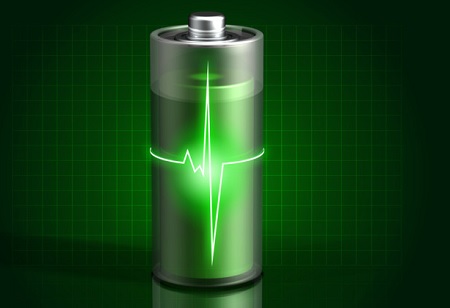
Lamborghini Adopts MIT's Cobalt-Free Organic Battery Tech for EVs

 MIT researchers, including one of Indian-origin, have created an innovative battery material that presents a potentially more sustainable and cobalt-free solution for powering electric cars. Lamborghini has obtained the patent for this technology. The scientists designed a battery cathode using organic materials, aiming to diminish the electric vehicle (EV) industry's dependence on limited metal resources.
MIT researchers, including one of Indian-origin, have created an innovative battery material that presents a potentially more sustainable and cobalt-free solution for powering electric cars. Lamborghini has obtained the patent for this technology. The scientists designed a battery cathode using organic materials, aiming to diminish the electric vehicle (EV) industry's dependence on limited metal resources.
The material comprises multiple layers of TAQ, an organic small molecule featuring three fused hexagonal rings. These layers have a structure similar to graphite, extending outward in all directions. The chemical components within the molecules include quinones, serving as electron reservoirs, and amines, aiding the formation of robust hydrogen bonds, as detailed in the study published in ACS Central Science.
The researchers demonstrated that this material, with a potentially lower production cost than cobalt-containing batteries, exhibits comparable electricity conductivity rates to cobalt batteries. Additionally, the new battery boasts similar storage capacity and quicker charging capabilities than cobalt batteries. Mircea Dinca, the W.M. Keck Professor of Energy at MIT and the senior author of the study, highlighted the material's competitiveness with existing technologies, emphasizing its potential to alleviate the environmental and cost concerns associated with mining metals for batteries.

